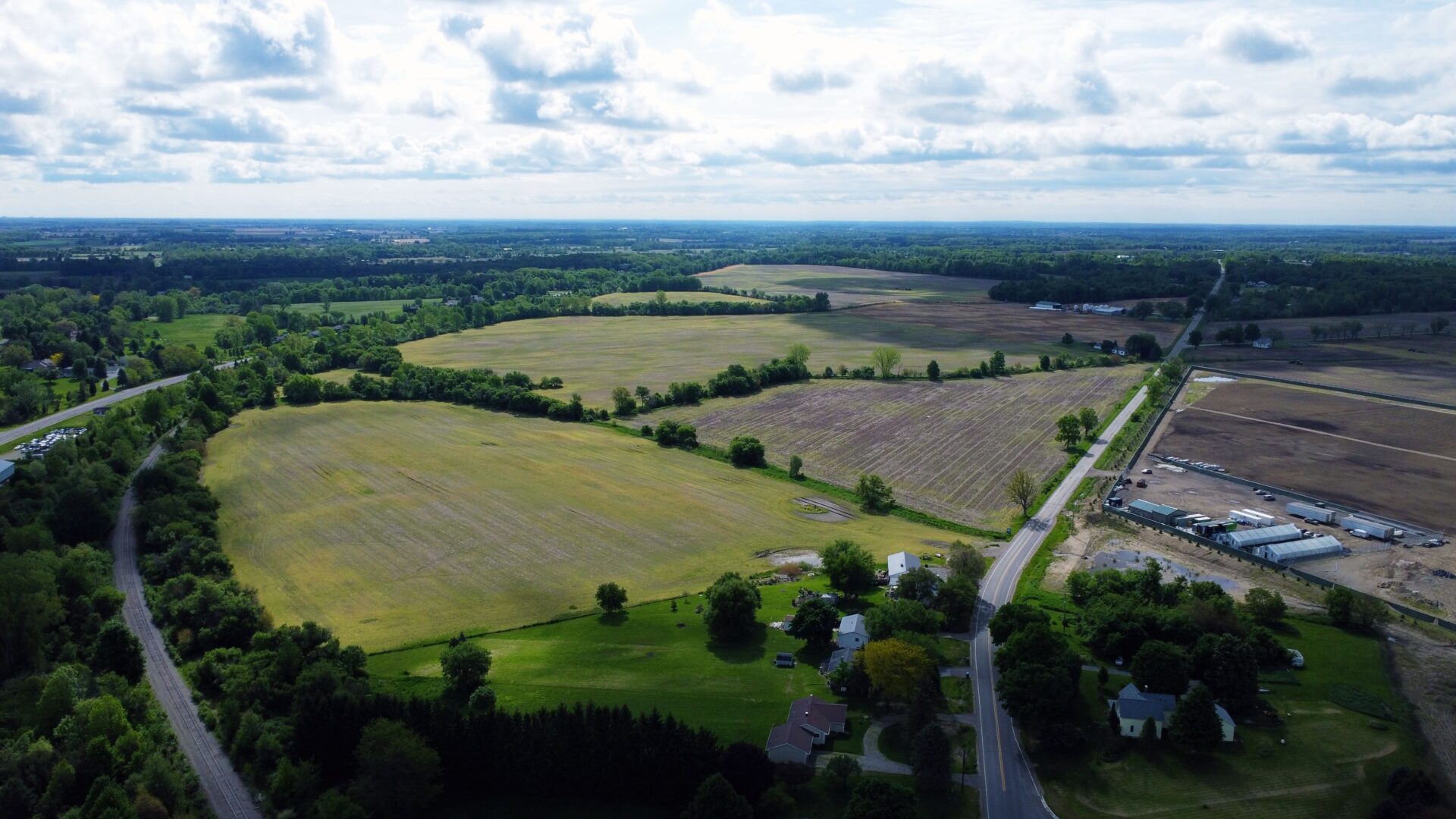What You Need to Know About Site Certification

In today’s competitive economic landscape, site certification has become an essential factor for communities aiming to attract business investments. This process involves verifying the readiness of a site for development to ensure all necessary assessments and improvements have been made to meet the requirements of potential businesses. Understanding the nuances of site certification can significantly empower local governments, developers, and property owners to effectively market their sites to prospective investors.
Understanding the Site Certification Process for Development
Site certification typically requires a thorough evaluation of a property to establish its readiness for immediate development. This process includes confirming the availability of utilities, accessibility to transportation networks, and environmental compliance, among other factors. One of the main objectives is to eliminate potential hurdles that businesses may face, thereby accelerating the project timeline and reducing unforeseen costs. Successfully certified sites can significantly increase the attractiveness of a location to various enterprises, easing their decision-making process.
Varying Site Certification Requirements Across Different Regions
The requirements and criteria for site certification can vary significantly across different regions. According to Expansion Solutions Magazine, some states mandate that properties must possess at least 10 acres to participate in state-led site readiness programs, while others set much higher thresholds, requiring parcels to span beyond 100 or even 250 acres. These varying standards highlight the importance of understanding local regulations and criteria when seeking site certification. Understanding these benchmarks allows stakeholders to strategically prepare their properties to meet specific program requirements.
Collaborative Efforts in Achieving Successful Site Certification
Achieving site certification is a collaborative effort that involves multiple stakeholders, including local governments, utility providers, and private developers. This collaboration ensures that the certified sites meet the precise needs of industries looking to establish operations in the area. By involving economic development agencies and leveraging regional expertise, communities can tailor their site readiness programs to match local strengths and industry demand, ultimately enhancing the attractiveness of their certified sites to targeted business sectors.
Site certification plays a critical role in streamlining the development process and attracting investment to a community. By understanding the specific requirements and collaborating with key stakeholders, regions can effectively position themselves as favorable locations for business expansion and relocation. Whether working within the parameters of a 10-acre requirement or preparing for larger-scale developments, proactive certification efforts are a crucial strategy for economic growth and competitiveness. To learn more, reach out to us today at Verified Industrial Properties!
